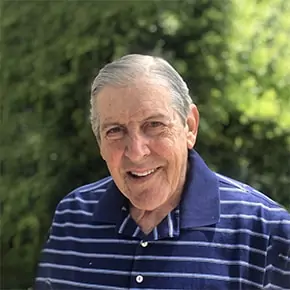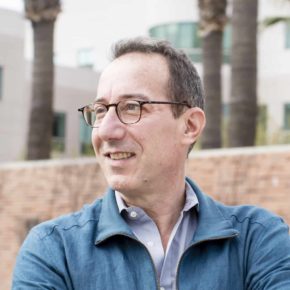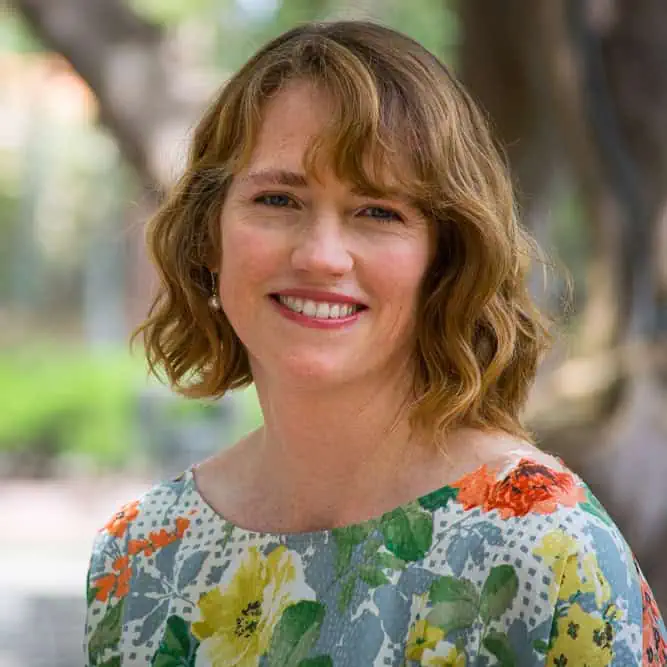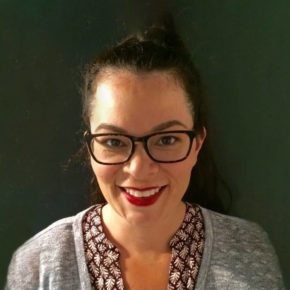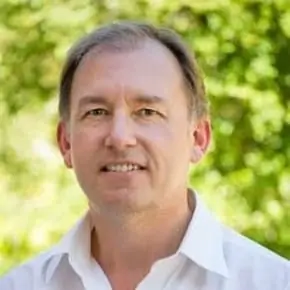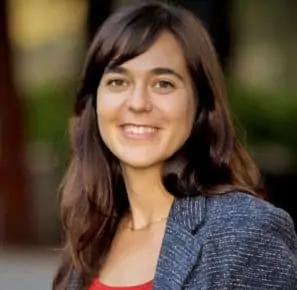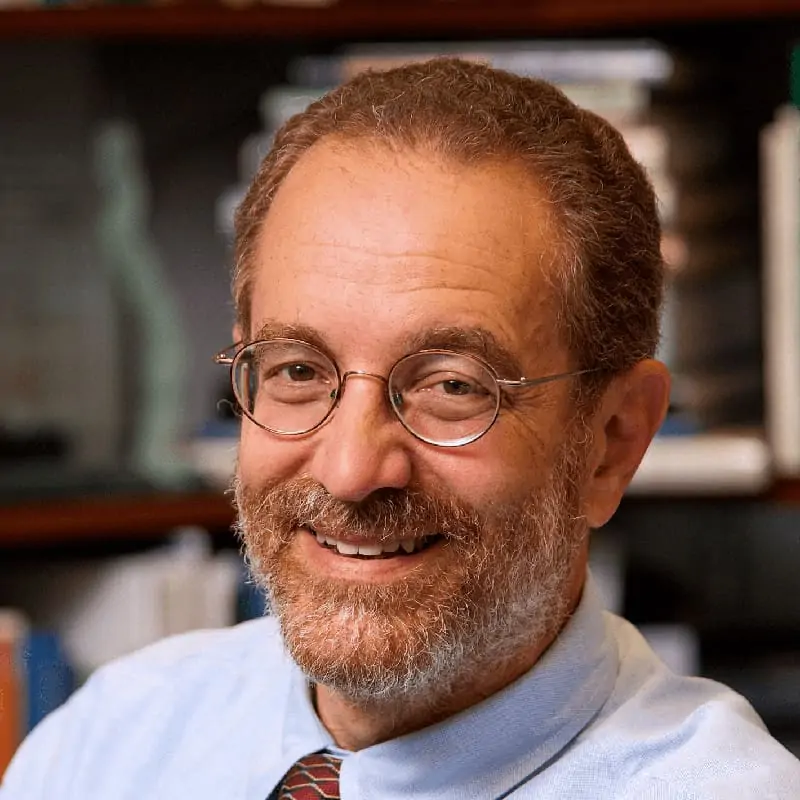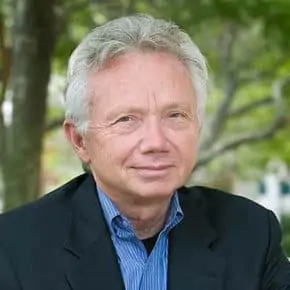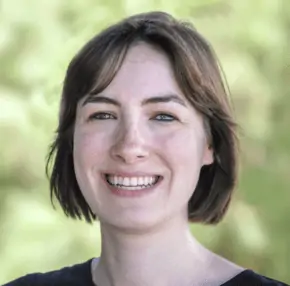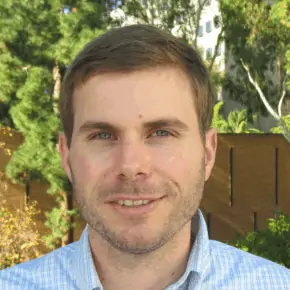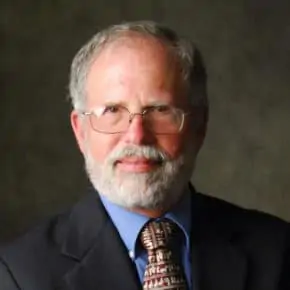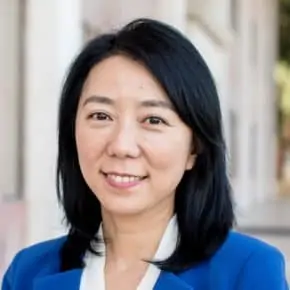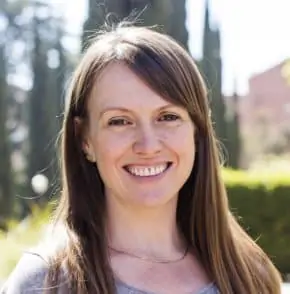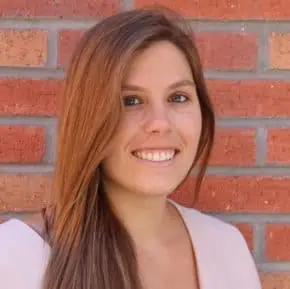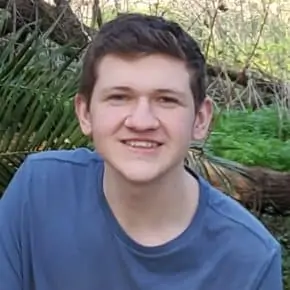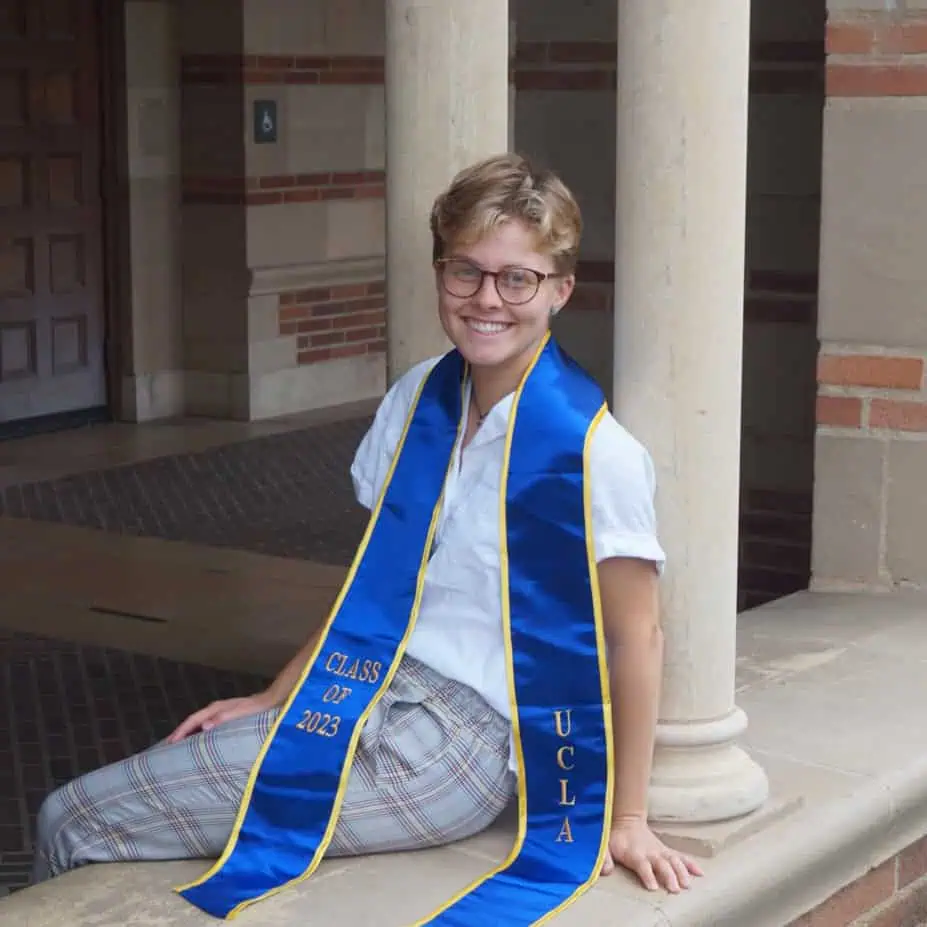Learn more about the Center
WHO WE ARE
At C-Solutions, we help protect people and their communities from the harmful health effects of climate change, especially the most vulnerable.
The Earth is getting hotter. Wildfires are more frequent, more widespread, and more intense. Drought conditions are extreme. Air pollution is getting worse and worse. Hurricanes are stronger and more destructive. Rising sea levels are threatening homes and communities. These problems, and many more associated with climate change, gravely affect people’s health.
Serious chronic conditions like asthma and cardiovascular disease are on the rise, and many people are suffering from heat-related illness, mental health impacts, and other health consequences.
In the U.S., extreme heat kills more people than all other types of severe weather. Extreme heat not only exacerbates pre-existing health conditions and increases hospitalizations, but also negatively affects students’ learning and drives up interpersonal violence and suicide risk.
Climate change is a health crisis that affects all of us. Some suffer the effects more than others: children and the elderly, people who live in poverty, and people of color are especially vulnerable to health risks associated with climate change.
Major climate change is now inevitable and irreversible. But there is a lot we can do to protect our communities, especially those who are most at risk. We’re here to put healthy climate solutions to work.
We see the most promise in solutions that:
- Provide immediate impact while also building long-term infrastructure
- Create health, economic, and environmental benefits
- Protect the public’s health, especially people who are most at risk

Our Team
We are a diverse network of leading researchers from across the UCLA campus,
working at the intersection of public health and climate change.
Jonathan Fielding
Position: Co-Director
Jonathan Fielding, MD, MPH, MBA, is a Distinguished Professor of Health Policy and Management and of Pediatrics in the Schools of Public Health and Medicine at UCLA. Dr. Fielding is an expert in public health preparedness and communications. He served as Massachusetts Commissioner of Public Health and for 16 years as Public Health Director and Health Officer for Los Angeles County. He served as a founding member of the U.S. Clinical Preventive Services Task Force and, for 17 years, as Chair of the U.S. Task Force on Community Preventive Services. He chaired the Advisory Committee for the U.S. Healthy People 2020 objectives and is currently Co-Chair for the Healthy People 2030 objectives. He was appointed by President Barack Obama to the National Advisory Group on Prevention, Health Promotion and Integrative and Public Health, and is an elected member of the National Academy of Medicine. Dr. Fielding has authored or coauthored more than 300 original articles, commentaries, editorials and chapters on various aspects of public health, preventive medicine, health services, and health economics. He is the longstanding editor of the Annual Review of Public Health and currently writes a monthly opinion column on health issues for The Hill.
Jonathan Fielding
Co-Director
Michael Jerrett
Position: Co-Director
Michael Jerrett, PhD, is an internationally recognized expert in Geographic Information Science for Exposure Assessment and Spatial Epidemiology. He is a full professor in the Department of Environmental Health Science, and Director of the Center for Occupational and Environmental Health at UCLA’s Fielding School of Public Health. Dr. Jerrett earned his PhD in Geography from the University of Toronto. Over the past 23 years, Dr. Jerrett has researched how to characterize population exposures to air pollution and built environmental variables, the social distribution of these exposures among different groups (e.g., poor vs. wealthy), and how to assess the health effects from environmental exposures. He has worked for many years on how the built environment affects exposures and health, particularly the role of parks and green spaces on physical activity promotion and obesity prevention. He has published extensively on climate change, including wildfires, vulnerability to heat stress, and public health co-benefits of climate mitigation. He has published some of the most widely-cited papers in the fields of Exposure Assessment and Environmental Epidemiology in leading journals, including The New England Journal of Medicine, The Lancet, and Proceedings of the National Academy of Science of the United States of America, and Nature. From 2014 to the present, he has been named to the Web of Science Group, Clarivate Analytics of Highly-Cited Researchers, indicating he is in the top 1% of all authors in Environment/Ecology or Cross-field in terms of citation by other researchers. He serves as a standing member of the Health Effects Institute Review Committee, as an editorial board member for the Annual Review of Public Health, and he recently completed a 3-year term on the Geographical Sciences Committee of the U.S. National Academy of Science.
Michael Jerrett
Co-Director
David Eisenman
Position: Associate Director
David Eisenman, MD, MSHS, is an internationally recognized expert in disaster research. He is Professor in Residence at the David Geffen School of Medicine and the Fielding School of Public Health at UCLA, where he also directs the UCLA Center for Public Health and Disasters. For over 15 years, Dr. Eisenman has been funded by the National Institutes of Health, National Science Foundation, U.S. Forest Service, Robert Wood Johnson Foundation, and Centers for Disease Control and Prevention to study the fields of public health, disasters and climate induced crises. He has authored over one hundred peer-reviewed papers, chapters, and major reports related to these topics. Dr. Eisenman is also an Associate Natural Scientist at RAND and a Member of the National Academies of Sciences, Engineering and Medicine, Forum on Medical and Public Health Preparedness for Disasters and Emergencies. He was the Preparedness Science Officer at the Los Angeles County Department of Public Health from 2012-2016. He holds a board certification in Internal Medicine and cares for patients at the UCLA Medical Center.
David Eisenman
Associate Director
Katherine McNamara
Position: Executive Director
Katherine McNamara has more than two decades of experience working across academic, governmental and private sectors, and has been recognized with national and international awards for her research and mentorship.
Dr. McNamara is working with Center colleagues to broaden and increase the impact of the C-Solution’s activities in climate research, policy, education, and engagement. Her areas of research include assessing traditional workplace and community exposures, in addition to characterizing organizational factors and community characteristics that improve health. She is currently investigating occupational heat fatalities among low wage workers, and evaluating interventions to improve climate change resilience in urban communities.
Prior to joining C-Solutions as Executive Director, Dr. McNamara was an Associate Professor in the Department of Environmental and Occupational Health at California State University Northridge. Her previous work includes administering OSHA and NIEHS funded training programs at the Labor Occupational Safety and Health Program, and serving in both the Los Angeles and San Francisco Departments of Public Health, following a decade as a private sector consultant. Dr. McNamara earned a Bachelor of Science degree in Environmental Policy Analysis and Planning from UC Davis, a Master of Fine Arts in Painting from the San Francisco Art Institute, and a Doctorate in Environmental Health Science from the UCLA Fielding School of Public Health.
Dr. McNamara has extensive experience in policy and advocacy, serving as an officer in the American Industrial Hygiene Association and on the Governor’s Interagency Taskforce on Refinery Safety, in addition to collaborating with numerous community and labor organizations on environmental justice and health equity issues.
Katherine McNamara
Executive Director
Diane A. Garcia-Gonzales
Position: Research Scientist
Diane A. Garcia-Gonzales, PhD, MPH, has worked extensively in air quality, geographic information systems, community-based research, exposure assessment, and oil and natural gas research. Dr. Garcia-Gonzales’s doctoral work focused on characterizing air quality near oil and natural gas development and storage sites. For this work she measured several air pollutants and characterized the distance decay gradient to identify the potential human health impact zone near upstream oil and natural gas storage sites. She has since broadened this expertise, working closely with the communities near oil and natural gas facilities around Colorado, downtown Los Angeles, and Aliso Canyon. At C-Solutions, her research is focused on quantifying the impacts of climate change on California’s natural and working lands to better understand the policies and programs that are likely to yield the highest human health benefits throughout the State. She also is the lead on analyzing heat related health outcomes for the UCLA Heat Map. Dr. Garcia-Gonzales received her PhD from UC Berkeley in Environmental Health Sciences, her MPH from Loma Linda University in Public Health, and her BA in Psychology from CSU Chico.
Diane A. Garcia-Gonzales
Research Scientist
Brian Cole
Position: Faculty Affiliate
Brian Cole, DrPH, MPH is an Assistant Professor in the Department of Health Science at CSU Long Beach, and an Assistant Professor in Residence at the UCLA Fielding School of Public Health’s Department of Environmental Health Sciences. Dr. Cole earned his doctorate in public health, specializing in community health sciences. Reflecting this background, Dr. Cole seeks to bring community engagement methods and community capacity building approaches to efforts to tackle environmental health problems. Dr. Cole’s research focuses on policies to create healthy, resilient urban environments—homes, schools, workplaces and public spaces. In collaboration with Dr. Jonathan Fielding, Dr. Cole has been at the vanguard of advancing health impact assessment (HIA) in the U.S., leading interdisciplinary teams to conduct HIAs on a wide range of proposed policies and projects from gas taxes and living wage policies to rainforest protection in the Congo Basin and California’s High-Speed Rail Project. With respect to climate change, Dr. Cole is particularly interested in identifying and advancing climate adaptation measures that yield public health co-benefits.
Brian Cole
Faculty Affiliate
Lara Cushing
Position: Faculty Associate
Lara Cushing, PhD, MPH, is an Assistant Professor of Environmental Health Sciences and Jonathan and Karin Fielding Presidential Chair in Health Equity at UCLA. Her research focuses on patterns and consequences of social inequalities in exposure to environmental hazards in the U.S. She has assessed the health consequences of environmental and climate-related exposures for pregnant women and infants, and investigated questions of environmental justice in the context of air pollution and hazardous sites, urban greenspace and heat islands, oil and gas drilling, drinking water quality, and sea level rise. She is interested in analytical methods and regulatory frameworks to characterize the joint effects of environmental and social stressors to health that can inform efforts to reduce environmental health disparities. She was a contributing author to the Fourth Assessment of the U.N. Intergovernmental Panel on Climate Change (IPCC), a former Environmental Fellow of the Robert & Patricia Switzer Foundation, and is a current JPB Environmental Health Fellow through the Harvard T.H. Chan School of Public Health. Dr. Cushing earned her MPH in Epidemiology and PhD in Energy & Resources from the University of California, Berkeley. Prior to coming to UCLA, she served on the faculty at San Francisco State University from 2016-2020.
Lara Cushing
Faculty Associate
Howard Frumkin
Position: Faculty Affiliate
Howard Frumkin, MD, DrPH, a physician and epidemiologist, is Professor Emeritus of Environmental and Occupational Health Sciences at the University of Washington, and a member of UW’s Center for Health and the Global Environment. Previously he was head of the Our Planet, Our Health initiative at the Wellcome Trust (2018-19), Dean of the University of Washington School of Public Health (2010-16), Director of the National Center for Environmental Health and Agency for Toxic Substances and Disease Registry (NCEH/ATSDR) at the U.S. Centers for Disease Control and Prevention (2005-10), and Professor and Chair of Environmental and Occupational Health at Emory University (1990-2005). His career has focused on health aspects of climate change, the built environment, energy policy, nature contact, and sustainability. His community and professional activities have included serving on numerous National Academy of Sciences committees; on the Boards of the U.S. Green Building Council, Physicians for Social Responsibility, the American Public Health Association, and the National Environmental Education Foundation; on advisory committees to the Global Consortium on Climate and Health Education (Columbia University), the Harvard Center on Climate, Health, and the Global Environment, the Yale Center on Climate Change and Health, the Medical Society Consortium on Climate & Health (George Mason University), and the European Centre on Environment and Human Health (University of Exeter); on the Steering Committee of the Planetary Health Alliance (Harvard University); on the National Toxicology Program Board of Scientific Counselors; and on the American Institute of Architects Design and Health Leadership Group. He is the author or co-author of over 250 scientific journal articles and chapters, and ten books, including his latest, Planetary Health: Safeguarding Human Health and the Environment in the Anthropocene (Cambridge University Press, 2021).
Howard Frumkin
Faculty Affiliate
Richard Jackson
Position: Faculty Associate
Richard Jackson, MD, MPH, is Professor Emeritus at the UCLA Fielding School of Public Health. A pediatrician, he has served in many leadership positions with the California Health Department, including the highest as the State Health Officer. For nine years he was Director of the CDC’s National Center for Environmental Health and received the Presidential Distinguished Service award. In October, 2011 he was elected to the Institute of Medicine of the National Academy of Sciences.
Jackson was instrumental in establishing the California Birth Defects Monitoring Program and in the creation of state and national laws to reduce risks from pesticides, especially to farm workers and to children. While at CDC he established major environmental public health programs and instituted the federal effort to “biomonitor” chemical levels in the US population. He has received its Hero Award from the Breast Cancer Fund, Lifetime Achievement Awards from the Public Health Law Association and the New Partners for Smart Growth, the John Heinz Award for national leadership in the Environment, and the Sedgwick Medal, the highest award of the American Public Health Association. In 2015 he received the Henry Hope Reed Award for his contributions to the field of Architecture.
Richard Jackson
Faculty Associate
Liz Koslov
Position: Faculty Associate
Liz Koslov is an Assistant Professor in the Department of Urban Planning and Institute of the Environment and Sustainability at UCLA, where she studies the social dimensions of climate change, questions of environmental and climate justice, and how cities are adapting to effects such as extreme weather and sea-level rise.
Recent publications include pieces on sociology and the climate crisis, flood maps, and the possibilities for collective climate adaptation amidst denial and public silence. Her current book project, Retreat: Moving to Higher Ground in a Climate-Changed City, offers an ethnographic account of “managed retreat” from the coast in New York City after Hurricane Sandy. Koslov’s research on this topic has been cited in outlets such as Scientific American, The New Yorker, and WWNO New Orleans Public Radio.
Prior to joining UCLA, Koslov was a Mellon Postdoctoral Fellow in the Humanities at MIT. She holds a PhD in Media, Culture, and Communication from New York University, an MSc in Culture and Society from the London School of Economics, and a BA in Communication and Spanish and Latin American Literature from George Washington University.
Liz Koslov
Faculty Associate
Miriam Marlier
Position: Faculty Associate
Miriam Marlier, PhD, is an Assistant Professor of Global Environmental Change in the Environmental Health Sciences Department at the UCLA Fielding School of Public Health. She is an interdisciplinary environmental scientist with broad interests in examining interactions between environmental change and public health using remote sensing data and interdisciplinary modeling techniques. Some of her recent research projects include forecasting the influence of different conservation and development policies in Indonesia on fire emissions, air pollution, and regional public health outcomes, measuring the effect of agricultural waste burning on air quality in India, understanding the physical climate drivers of fire activity in the western U.S., and using remote sensing data to improve responses to natural disasters. Dr. Marlier previously worked as an Associate Physical Scientist at the RAND Corporation.
Miriam Marlier
Faculty Associate
Greg Pierce
Position: Faculty Associate
Greg Pierce, PhD, is Associate Director of the UCLA Luskin Center for Innovation, Adjunct Assistant Professor in the Department of Urban Planning and Co-director of UCLA’s Water Resources Group. Since joining the Luskin Center in 2015, Greg Pierce has been instrumental in guiding the Center’s research leadership to inform Human Right to Water policy in California, as well as across the United States. He has authored 40 peer-reviewed journal articles and numerous major research reports, including many with California state and local agencies. Greg’s broader research and teaching examines how environmental planning and policy design affect social and healthy justice inequities, particularly regarding essential environmental services, and how communities strategize and build resilience to overcome these inequities, particularly in light of climate change.
Greg Pierce
Faculty Associate
Steven Teutsch
Position: Faculty Associate
Steven Teutsch, MD, MPH, is Adjunct Professor at the UCLA Fielding School of Public Health. He is also Senior Scholar at the Schaeffer Center at the University of Southern California. Dr. Teutsch was formerly the Chief Science Officer, Los Angeles County Public Health, where he worked on evidence-based public health and policy. He had been in the Outcomes Research and Management Program at Merck, where he was responsible for scientific leadership in developing evidence-based clinical management programs, conducting outcomes research studies, and improving outcomes measurement to enhance quality of care. Prior to joining Merck, he was Director of the Division of Prevention Research and Analytic Methods (DPRAM) at the CDC where he was responsible for assessing the effectiveness, safety, and cost-effectiveness of disease and injury prevention strategies, including founding of the Guide to Community Preventive Services. He has served as a member of the Community Guide Task Force and the U.S. Preventive Services Task Force, which develops the Guide to Clinical Preventive Services, as well as on America’s Health Information Community Personalized Health Care Workgroup and the Evaluation of Genomic Applications in Prevention and Practice (EGAPP) Workgroup. He chaired the HHS Secretary’s Advisory Committee on Genetics Health and Society and served on, and has chaired, Institute of Medicine (IOM) panels, served on Medicare’s Evidence Development and Coverage Advisory Committee, and formerly on several subcommittees of the Secretary’s Advisory Committee on Healthy People 2020 and 2030. Dr. Teutsch received his undergraduate degree in biochemical sciences at Harvard University in 1970, an MPH. in epidemiology from the University of North Carolina School of Public Health in 1973, and his MD from Duke University School of Medicine in 1974. A Fellow of the American College of Physicians and American College of Preventive Medicine, Dr. Teutsch has published more than 200 articles and eight books in a broad range of fields in epidemiology, including parasitic diseases, diabetes, technology assessment, health services research, and surveillance.
Steven Teutsch
Faculty Associate
Yifang Zhu
Position: Faculty Associate
Yifang Zhu, PhD, serves as professor in the Department of Environmental Health Sciences. She graduated from Tsinghua University and then received her PhD in Environmental Health Sciences from UCLA. Her research interests are primarily in the field of air pollution, environmental exposure assessment, and aerosol science and technology. Specifically, she is interested in quantitative exposure/risk assessments on ultrafine particles from various indoor and outdoor sources. Her current research focuses on measuring and modeling ultrafine particle emissions, transport, and transformation on and near roadways as well as in various indoor environments. Her scholarship and creativity has been recognized by several national awards, including the Walter A. Rosenblith New Investigator Award from the Health Effects Institute in 2007, the Faculty Early Career Development (CAREER) Award from the National Science Foundation in 2009, and the Haagen-Smit Prize from Atmosphere Environment in 2011. Dr. Zhu was appointed to the California Air Resource Board (CARB)’s Research Screening Committee in January 2014.
Yifang Zhu
Faculty Associate
Christina Batteate
Position: Research Associate
Christina Batteate, MPH, has been immersed in creating sustainable urban environments for more than a decade, with work in North and South America. Merging the interdependent disciplines of urban planning and public health, Christina’s work serves to maximize population-level health amidst environmental change. She earned her Bachelor of Science in City and Regional Planning from California Polytechnic State University at San Luis Obispo, with a minor in Sustainable Environments. Her joint Masters degrees in Public Health and Latin American Studies come from UCLA, where she is currently in the PhD program in the Environmental Health Sciences Department of the Fielding School of Public Health. She has contributed to a variety of projects addressing environmental health in the areas of active transportation, agriculture, built environment, decision-science, health impact assessment, and mobile sensing.
Christina Batteate
Research Associate
Yu Yu
Position: Postdoctoral Fellow
Yu Yu, MD, MSc, MESM, PhD, is a postdoctoral researcher at the Fielding School of Public Health. Her doctoral research was focused on metabolic dysfunction and cognitive impairment associated with air pollution and noise exposures, and also involved investigating how metabolic dysfunctions and personal lifestyle factors modify the influence of environmental exposures on health outcomes. Currently, her postdoctoral research is focusing on examining the health impacts of weather and climate, with an emphasis on extreme heat and wildfires. Her research interests include the investigation of environmental exposure distribution among different groups and the identification of which community groups are at greater risk, for the sake of reducing health threats, eliminating health disparities, improving preparedness and response in communities, and promoting environmental justice.
Yu Yu
Postdoctoral Fellow
Rachel Connolly
Position: Staff Researcher
Rachel Connolly is a Staff Researcher in the Environmental Health Sciences Department of the UCLA Fielding School of Public Health, and is the Project Director for air quality and environmental equity research with the Luskin Center for Innovation at the UCLA Luskin School of Public Affairs. Within C-Solutions, she works on projects focused on quantifying the health impacts associated with urban green space access and exposure to climate hazards, such as wildfires and extreme heat. Dr. Connolly received her PhD in Environmental Health Sciences at UCLA.
Rachel Connolly
Staff Researcher
Harrison Brenner
Position: Undergraduate Student Assistant
Harrison Brenner is an undergraduate student at UCLA’s Institute of Environment and Sustainability. Prior to coming to UCLA, he was a field manager for the Agua Hedionda’s Algerian Sea Lavender Removal Program. Working with federal and state agencies, he contributed to the Southern California Wetlands Recovery Project through field research. In his free time, Harrison volunteers with San Diego Coastkeepers, inspecting water quality in Southern California watersheds and engaging in community outreach. His interests range from wildlife biodiversity to surfing.
Harrison Brenner
Undergraduate Student Assistant
Sydney Monte-Sano
Position: Research Data Analyst
Sydney Monte-Sano is a Research Data Analyst at the Center for Healthy Climate Solutions. Sydney is a spatial analyst on the Heat Map project and assists with exposure data analysis and organization for the Aliso Canyon Disaster Health Research Study. Sydney is particularly interested in spatially analyzing and conveying data on environmental exposures and the health impacts of climate change. She received a BA in Geography and Environmental Studies from UCLA, with a minor in Geographic Information Systems and Technologies.

